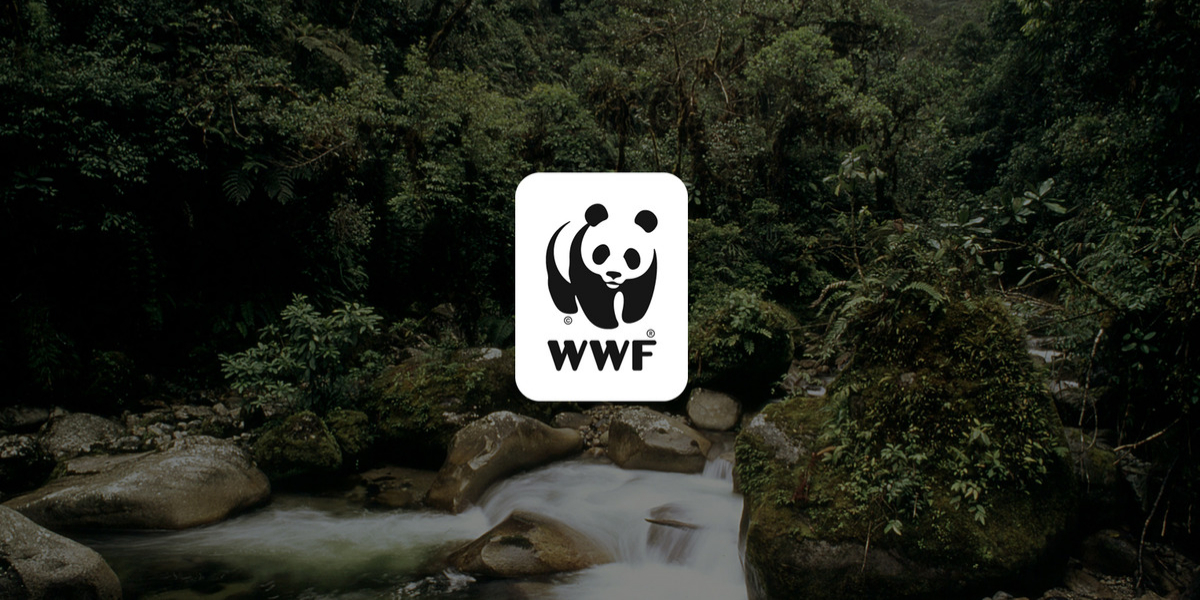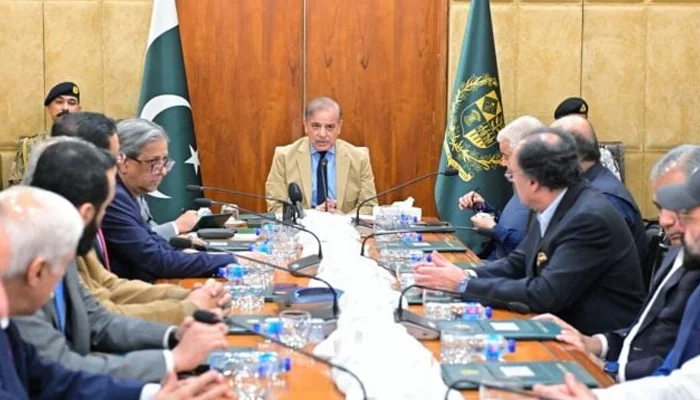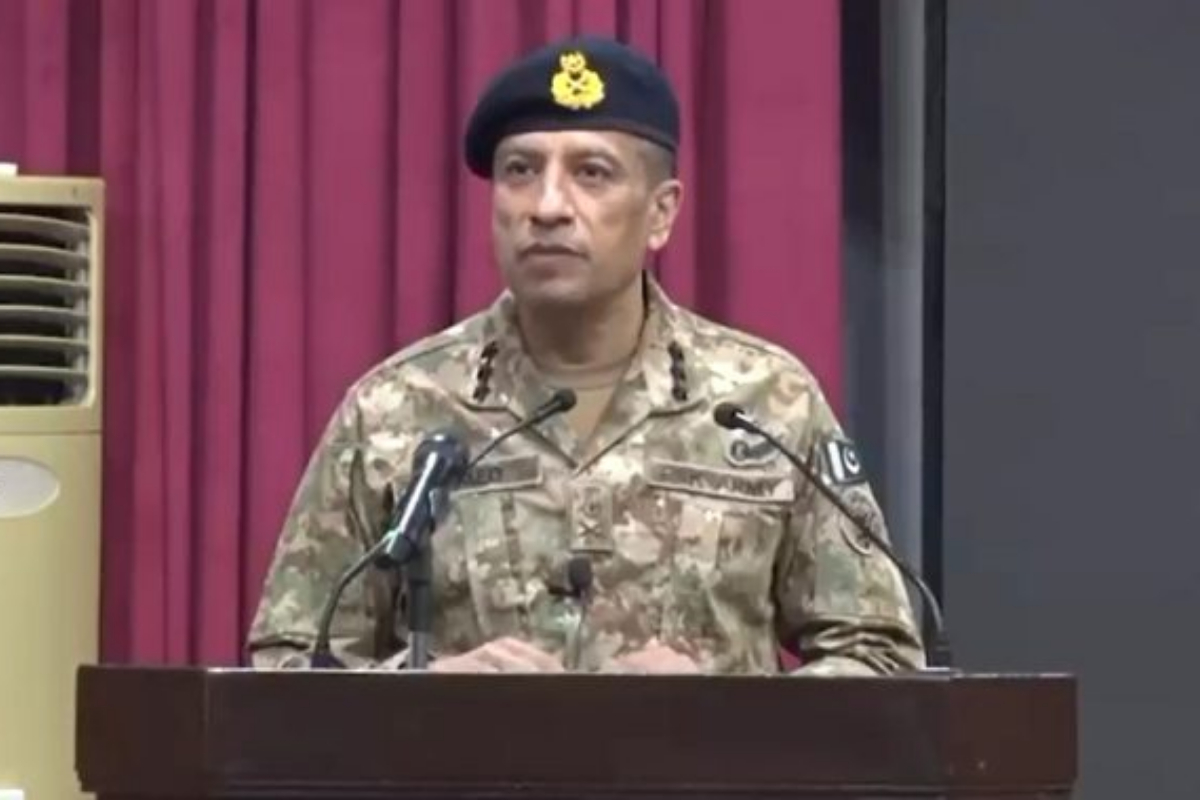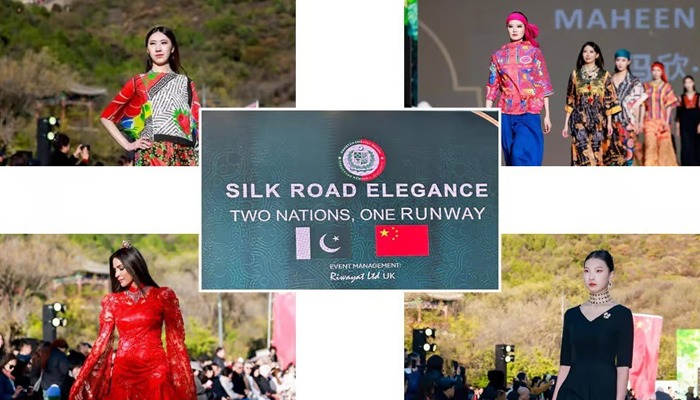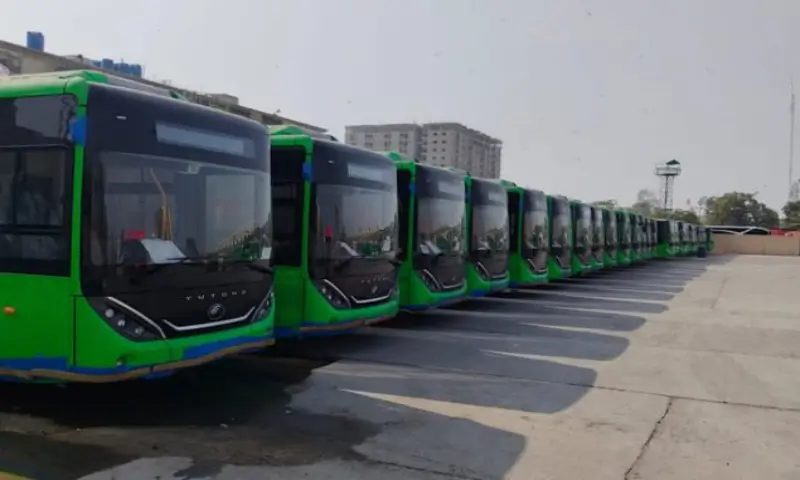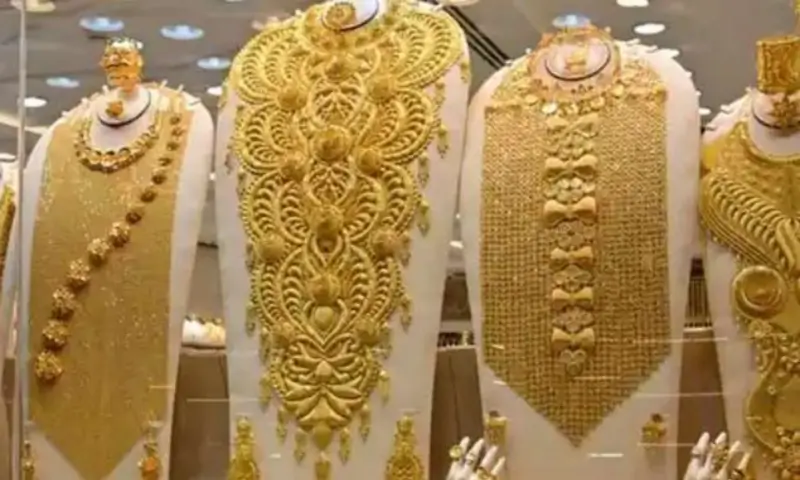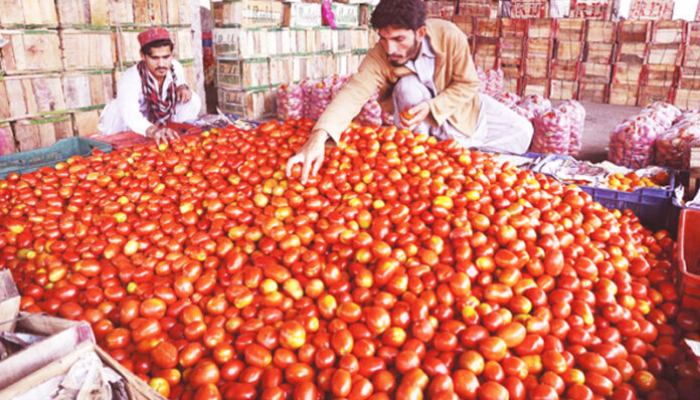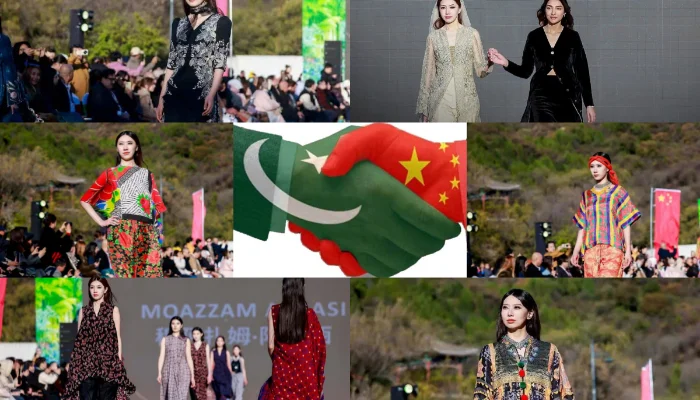LAHORE: WWF-Pakistan convened a meeting on Tuesday to discuss Norway’s Emil Beddari’s research paper focused on “cotton farmer innovation towards agrarian sustainability transitions in Basti Ridd, Pakistan”, a statement said.
The participants also discussed Adnan Zikri Jaafar’s work on “global cotton production networks: understandings of sustainability and stakeholder priorities”.
Jaafar, a Rhodes scholar, received a distinction in his MSc thesis and Beddari is expected to receive a similar award, as well.
Jafaar spoke about how his work compares the understandings of sustainability and priorities among the stakeholders in the global cotton production networks and explores the emerging tensions arising from the varied understanding of sustainability and priorities.
His research was supported by 24 in-depth interviews with Pakistani cotton farmers, British retailers, and sustainability intermediaries, as well as from extensive documentary analysis of the cotton-sourcing policy documents, and related literature.
Beddari investigated the farmer innovation as an understudied aspect of agrarian socio-technical transitions, focusing on smallholder cotton farmers in Basti Ridd, a village in Multan District, Pakistan. Smallholder cotton farmers constitute 81 per cent of the cotton growers in Pakistan, and are; thus, key actors in the national, ongoing “cotton crisis” of declining production, both as victims but also as system innovators.
Their research provides in-depth knowledge, while addressing real life environmental questions in Pakistan. The findings and studies will inform national policy formation by providing Pakistan-specific research and findings with regard to the issues facing the future of cotton crop in the country.
During his opening remarks, Hammad Naqi Khan, director general of WWF-Pakistan, said: “WWF-Pakistan is a science-based institution; therefore, it is important that we support some of the world’s best scholars to come to Pakistan and do field research to help cast light on how cotton can become a more sustainable crop going into the future.”
The Pakistan Field Research Programme is a joint collaboration between Himaverte; a social enterprise company in Pakistan; Pilio, an energy and environmental services company in the UK; and WWF-Pakistan.
The UK-Pakistan based initiative offers research contributions to the world-class institutions based in Pakistan by enabling graduate level research for students at the Oxford School of Geography and Environment for their MSc degree.
Dr Mehjabeen Abidi Habib, convener of this programme, said that this is the sixth year of this initiative, and it continues to value research done within the context of local and field realities. Annually, the research subjects are varied according to pertinent problems around sustainability in the country.

